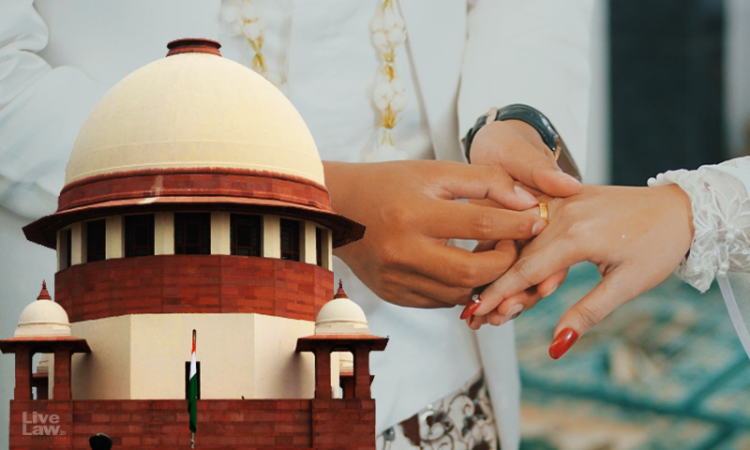'Love Jihad' Laws : Supreme Court Issues Notice On Pleas Challenging UP, Uttarakhand Laws Against Religious Conversion For Marriage
LIVELAW NEWS NETWORK
6 Jan 2021 12:07 PM IST

"The challenge is already pending in High Courts. Why don't you go there? We are not saying you have a bad case. But you must approach the High Courts in the first instance instead of coming to SC directly", CJI repeatedly said.
Next Story


